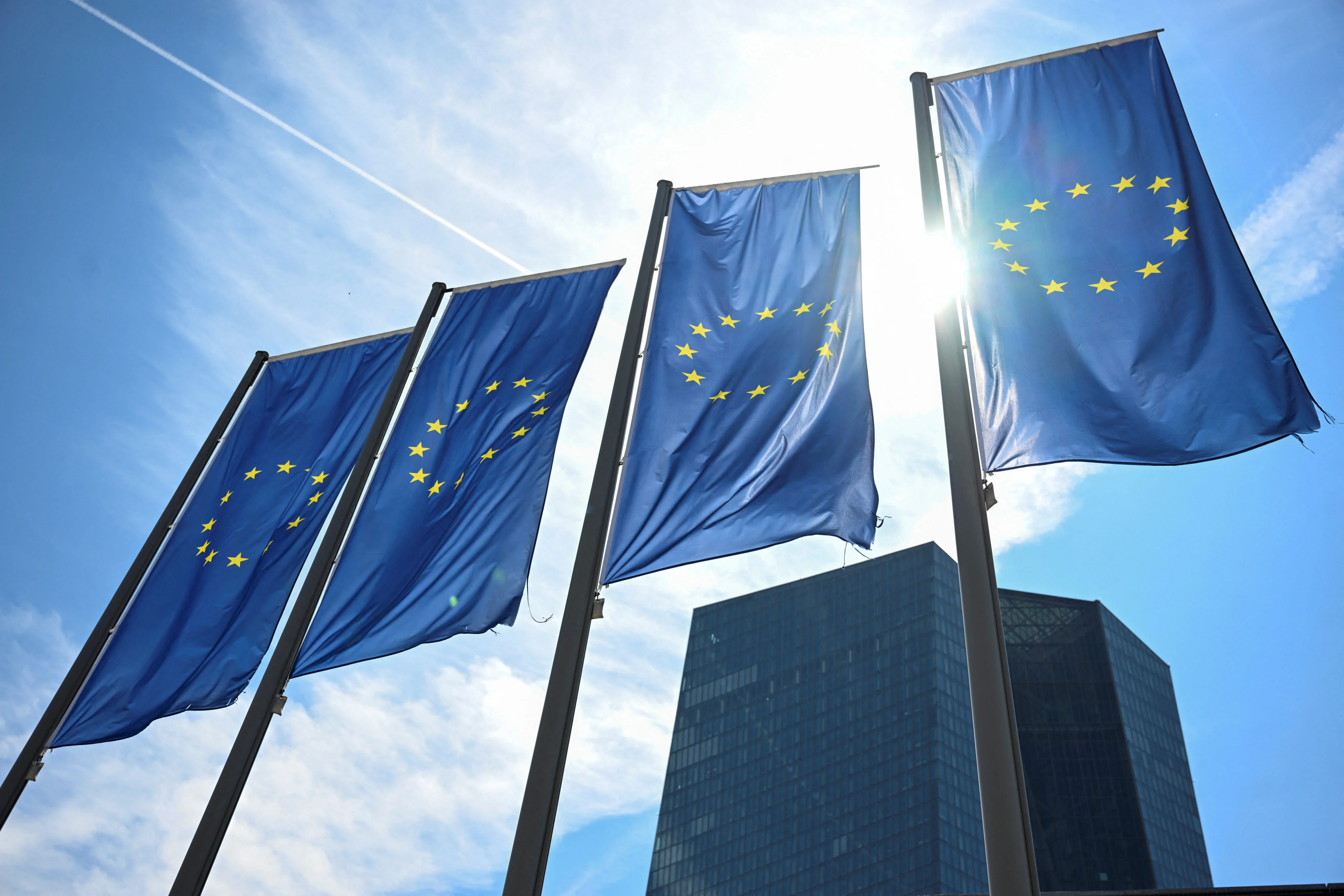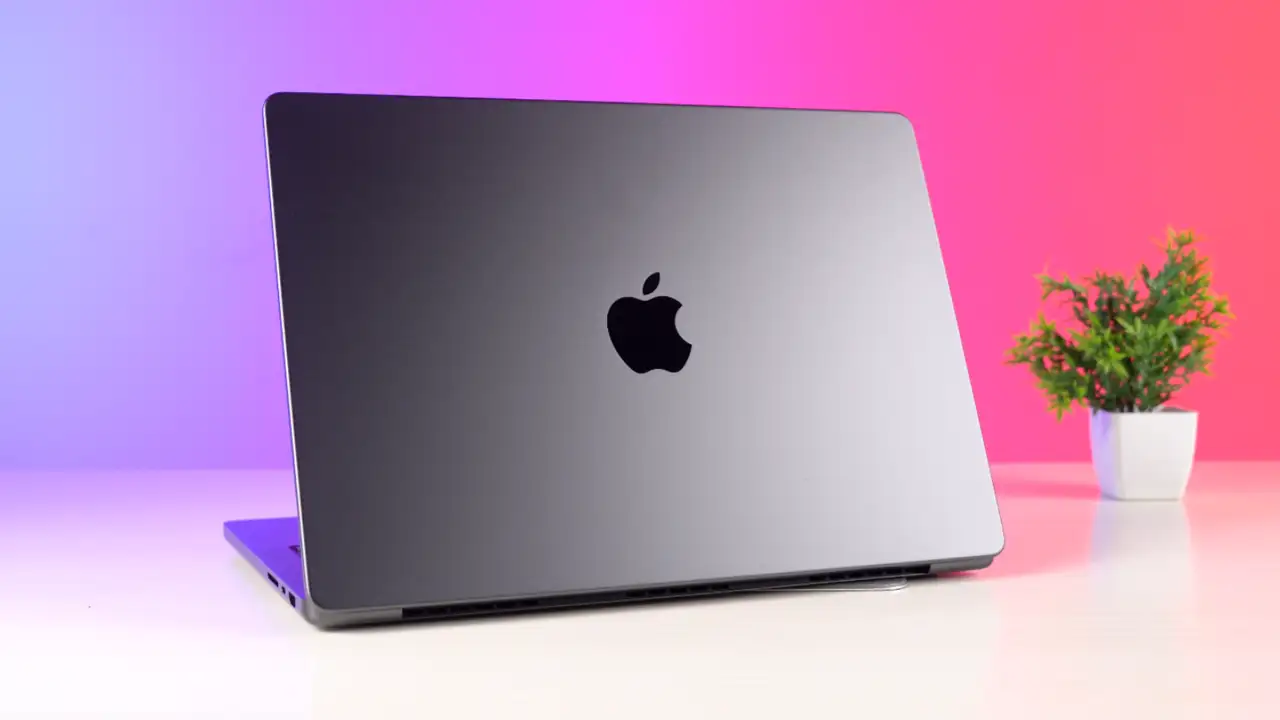Copyright scmp

At a meeting in Brussels last month, foreign ministers from the European Union’s 27 member states sat down to discuss the bloc’s plans for the Indo-Pacific region. The conversation, according to several people familiar with it, lasted just seven minutes. It is perhaps unsurprising, then, that officials, diplomats and experts are groaning about the lack of coherence and foresight in the union’s China policy. At a time when European leaders are promising independence, credibility and resilience, the fleeting discussion suggests a union that is distracted, divided and increasingly peripheral – on China and arguably almost everything else. As its leaders make impassioned pleas for unity, there are growing fears that the EU is being left behind, and that decisions about its own future and that of the rest of the world are being made elsewhere. Europe’s marginalism was emphatically confirmed last week when US President Donald Trump trumpeted his “G2” meeting with China’s President Xi Jinping. Even though no one from the continent was invited, Europe was on the agenda as the two giants thrashed out deals on Dutch-based chipmaker Nexperia and rare earth controls that have pummelled its industry. The Nexperia crisis – launched when Dutch authorities effectively ousted the Chinese-owned company’s management in September while citing governance issues – has drawn the question of Europe’s autonomy back into sharp focus. It happened a day before the US was to add Nexperia to an expanded blacklist because of its Chinese ownership, and court documents show a concerted US pressure campaign. On Thursday, the Dutch government said it had been “informed by China and the US about their recent” deal, and that it trusted “that the supply of chips from China to Europe and the rest of the world will reach Nexperia’s customers over the coming days”. The European Commission will not say whether its tech boss Henna Virkkunen was aware of any deal when she sat down with the company a day after the US-China summit in Busan, or whether Chinese negotiators informed EU trade officials of it when they met in Brussels that same day. If you are in a state of utter dependency, as German industry clearly is in respect of Chinese rare earths, you need some real pro-level diplomacy Wolfgang Munchau Briefing ambassadors in the Belgian capital this week, senior officials warned they had few cards to push Beijing to loosen its rare earth controls, and that the bloc needed to double down on efforts to diversify amid a shift in China towards “more managed trade”, diplomatic sources said. Commission chief Ursula von der Leyen forbade her team from talking about firing its anti-coercion instrument (ACI) at China – also known as the “trade bazooka” – La Matinale Européenne newsletter stated, in recognition of its reliance on Chinese supplies of rare earths. After several rousing speeches calling for an “independent Europe”, meanwhile, von der Leyen, along with German Chancellor Friedrich Merz, pulled out of a summit with Latin American countries in Colombia, despite an ongoing effort to court the region in a bid to tap alternatives to China’s critical minerals. Bloomberg reported that the withdrawal was out of fear of angering Trump, who is in a running feud with Bogota. “The Nexperia crisis has been a reality check,” said Alexandre Ferreira Gomes, an expert in the geopolitics of technology at the Clingendael Institute, a Dutch think tank. “We are still very much tied to the great power competition elsewhere.” Europe’s foreign policy disorder is increasingly evident in its approach to China. The EU has always had a series of competing approaches rather than a comprehensive strategy, but even those have given way in recent months to incoherence and anxiety over lost influence. German foreign minister Johann Wadephul postponed a trip to China last month after failing to arrange enough meetings, seen as a reprimand from Beijing for his tough talk on Taiwan. Despite the fallout, vice-chancellor Lars Klingbeil will chair party-to-party talks between his Social Democrats and the Chinese Communist Party in Beijing this month. Against this messy backdrop, German ministries have been trying to mediate between The Hague and Beijing on Nexperia in a bid to save its car industry. In France, President Emmanuel Macron has been pushing the bloc to take a series of harder policies against China, including using the ACI, even as he plans a trip of his own to China before the end of the year. “There is no coordination – it’s a mess,” one EU diplomat said. In the EU institutions, by contrast, the policy direction is clear: the commission is taking a tougher stance against China, ratcheting up investigations in recent days. Since late October, there has been a noticeable uptick in enforcement actions against China. On Tuesday, a probe was opened into the takeover of Anglo-American’s nickel business by Chinese state-controlled miner MMG, because it could “enable MMG to divert ferronickel supply away from European markets.” On Wednesday, Chinese rail giant CRRC was hit by a foreign subsidies regulation investigation after a Portuguese competitor complained that state handouts gave it an unfair advantage in a light rail tender. On Thursday, an anti-subsidy probe was launched into Chinese tyre exports, emphasising that the commission was moving more aggressively on China files than at any point this year. While many in Europe are on board with a tougher trade policy towards China, questions are emerging about the end goal and, in particular, who the trade measures are designed to protect. This week, for example, Volkswagen announced it would develop its own range of artificial intelligence chips in China, at a time when Europe is crying out for such innovation. Tariffs on Chinese-made electric vehicles caused a huge political fight, but it’s not yet clear whether EU competitors have used the last year to catch up. “It seems we’re seeking a fair approach in trade with China for its own sake, without clarity over what the strategic goals of the investigations are or whether those are the measures that will get us there,” said Francesca Ghiretti, director of the Rand Europe China Initiative. The forthright approach continues into geopolitics, where officials – led by top diplomat and former Estonian leader Kaja Kallas – continue to hold Beijing’s feet to the fire over its perceived support for Russia’s invasion of Ukraine. Again, the stance is not unusual in Brussels, where Beijing is broadly seen as an enabler of Russia’s war. But some are wondering if Kallas’ all-consuming focus on Moscow is necessarily in the bloc’s long-term favour. China has sought to project an image of neutrality and denies any involvement in the war. On a recent trip to New Delhi, Indian officials with whom Brussels were desperate to cut a free trade deal berated senior EU officials for Kallas’ hardline approach, asking whether they were negotiating with “Estonia or the EU”, according to people familiar with discussions. It is within this context that the bloc is trying to convince Beijing to make deals to restart the supply of rare earths and chips. Here too, however, its pleas are being ignored. Frequent chatter about “green lanes” and upgraded licensing arrangements have come and gone without meaningful improvement for European companies. Few now expect major concessions from Beijing on Nexperia or rare earths. “Everything about this case is not about the case any more, but on setting a baseline and precedent so future Chinese companies won’t be easily seized in Europe,” wrote Liqian Ren, a director at WisdomTree asset management on X, referring to the Dutch chipmaker. In an article for the Engelsberg Ideas commentary website, American historian John Delury wrote that “Europe is not a priority” for Beijing and that increasingly, China’s attention was directed elsewhere – towards the US, the Global South and its own neighbourhood – while Europe drifted to the margins. “There is no sign of a grand plan to wrest Europe from the American orbit, at least under current conditions where US power remains strong. Instead, Europe is treated as an extension of America,” Delury said in the October 31 article. The situation has given rise to more criticism of China policy than has been seen in Europe for several years. “The EU’s China diplomacy is an utter shambles,” said Wolfgang Munchau, director at the Euro Intelligence political risk consultancy. “If you are in a state of utter dependency, as German industry clearly is in respect of Chinese rare earths, you need some real pro-level diplomacy. And put pressure on the Dutch government to undo their stupid decision to nationalise Nexperia, which they clearly did not think through.”



